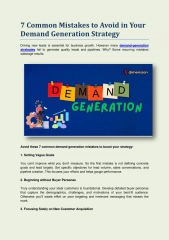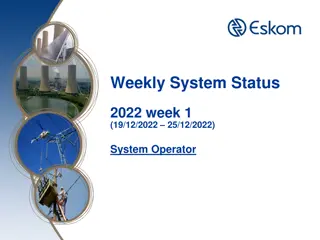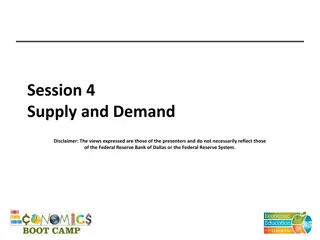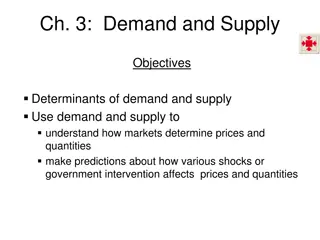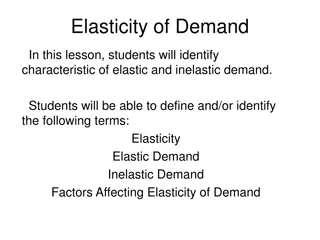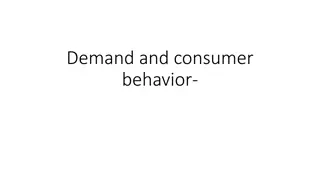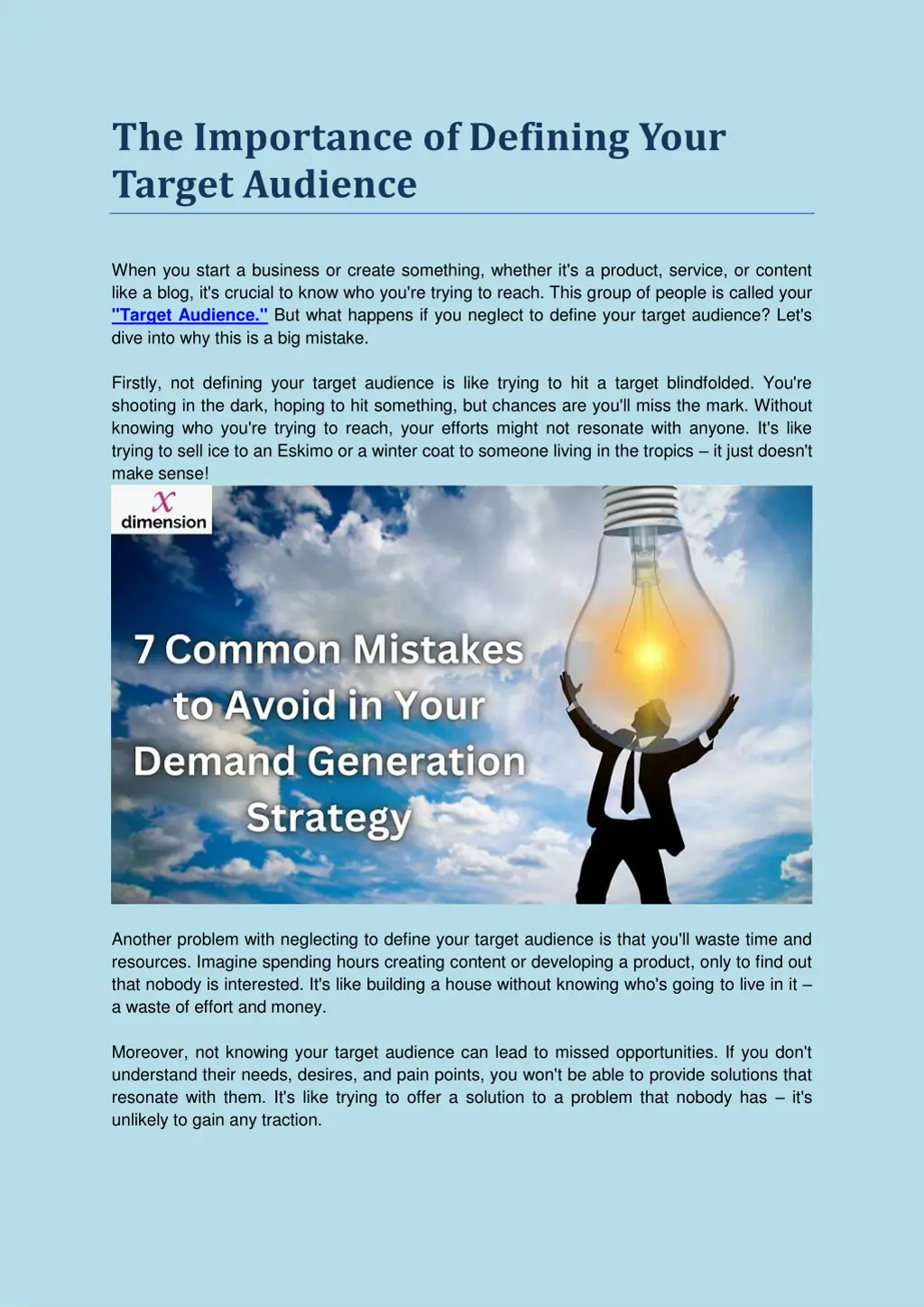
Demand Generation Strategy
Executives in charge of demand generation must be well aware of the weaknesses that could undermine the effectiveness of their strategy. In this post, we'll discuss seven common mistakes to avoid while creating B2B demand. By being cognizant of these possible roadblocks and taking the necessary steps, you can significantly improve the effectiveness of your demand generation strategy.
Uploaded on | 5 Views
Download Presentation

Please find below an Image/Link to download the presentation.
The content on the website is provided AS IS for your information and personal use only. It may not be sold, licensed, or shared on other websites without obtaining consent from the author. If you encounter any issues during the download, it is possible that the publisher has removed the file from their server.
You are allowed to download the files provided on this website for personal or commercial use, subject to the condition that they are used lawfully. All files are the property of their respective owners.
The content on the website is provided AS IS for your information and personal use only. It may not be sold, licensed, or shared on other websites without obtaining consent from the author.
E N D
Presentation Transcript
The Importance of Defining Your Target Audience When you start a business or create something, whether it's a product, service, or content like a blog, it's crucial to know who you're trying to reach. This group of people is called your "Target Audience." But what happens if you neglect to define your target audience? Let's dive into why this is a big mistake. Firstly, not defining your target audience is like trying to hit a target blindfolded. You're shooting in the dark, hoping to hit something, but chances are you'll miss the mark. Without knowing who you're trying to reach, your efforts might not resonate with anyone. It's like trying to sell ice to an Eskimo or a winter coat to someone living in the tropics it just doesn't make sense! Another problem with neglecting to define your target audience is that you'll waste time and resources. Imagine spending hours creating content or developing a product, only to find out that nobody is interested. It's like building a house without knowing who's going to live in it a waste of effort and money. Moreover, not knowing your target audience can lead to missed opportunities. If you don't understand their needs, desires, and pain points, you won't be able to provide solutions that resonate with them. It's like trying to offer a solution to a problem that nobody has it's unlikely to gain any traction.
Furthermore, neglecting to define your target audience can hurt your marketing efforts. Without a clear understanding of who you're trying to reach, your marketing messages might fall flat. It's like speaking a language that your audience doesn't understand they'll just tune you out. Additionally, not knowing your target audience can hinder your growth and success. Understanding who your ideal customers are allows you to tailor your offerings to meet their specific needs. It's like having a secret weapon that gives you an edge over your competitors. So, how can you avoid neglecting to define your target audience? Start by conducting market research to understand who your potential customers are. Look at demographics like age, gender, income, and location. Consider their interests, preferences, and pain points. The more you know about your target audience, the better you can tailor your offerings to meet their needs. Once you've defined your target audience, create buyer personas to represent different segments of your audience. These personas should include detailed descriptions of your ideal customers, including their background, goals, challenges, and buying behaviors. Having these personas will guide your marketing efforts and ensure that you're speaking directly to the people who matter most. In conclusion, neglecting to define your target audience is a big mistake that can have serious consequences for your business or project. By understanding who you're trying to reach, you can create offerings that resonate with them, avoid wasting time and resources, seize opportunities, and ultimately drive growth and success. So, don't overlook the importance of defining your target audience it's the key to reaching your goals.

